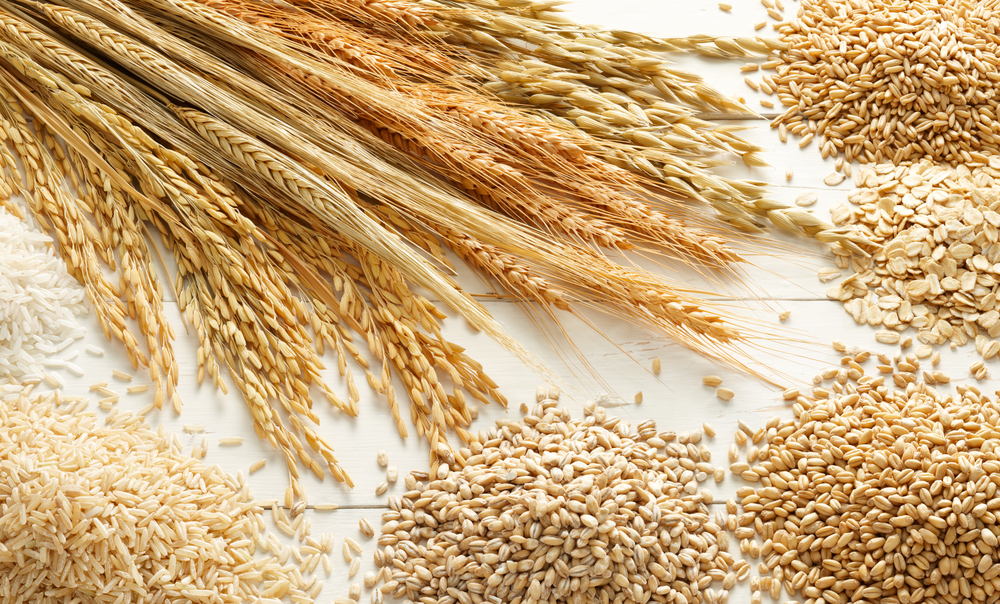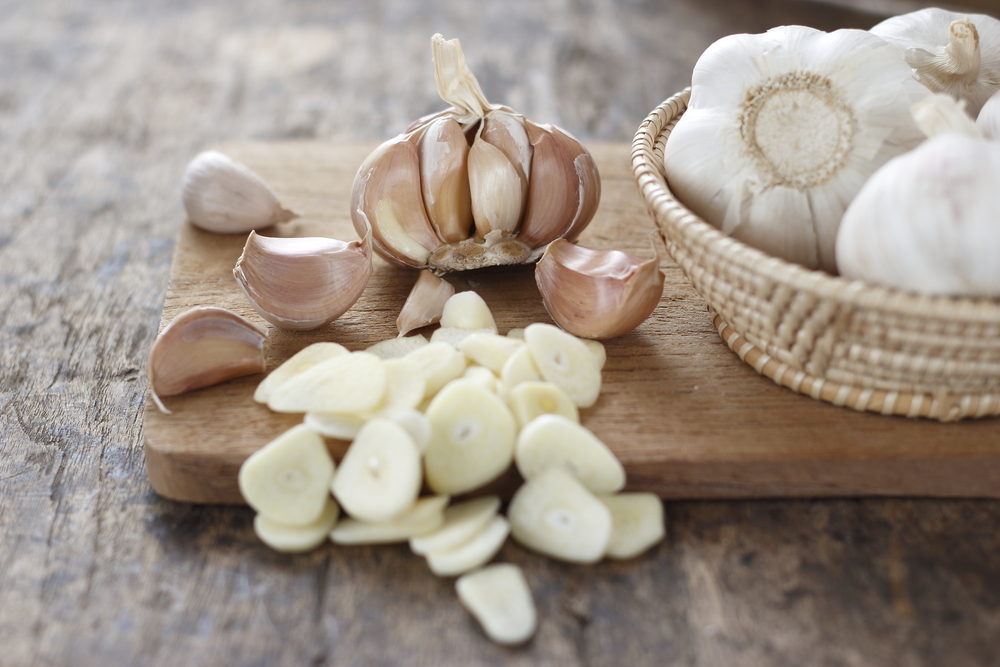9 Superfoods That Might Improve Your Health

With winter just around the corner, it’s time we all started to look after ourselves a little more. Avoiding germs is one thing, but we can also try and boost our immune systems by getting plenty of sleep and eating the right foods. Here are nine foods well-known for helping our bodies, based on information from prevention.com. But keep in mind, this is just a guide and each patient has individual needs.

1. Yogurt
Provided you can eat dairy without any side effects, the natural probiotics found in yogurt are great for keeping the gastrointestinal tract healthy and in order. Opt for ones without added sugar or sweeteners if possible.

2. Oats and Barley
Adding oats to your diet in the winter is easy, you can start your day with a hot bowl of oatmeal and you can switch barley for rice with your evening meal. Both of these grains are gentle on the stomach and are high in antioxidants–important for fighting off those winter bugs.
Learn more about cystic fibrosis and nutrition here.

3. Beef
Beef is full of zinc, which many of us are low in over the winter months. Zinc helps to form healthy white blood cells which are important in the fight against winter illnesses. To get the most out of beef, try to eat organic, grass-fed beef.

4. Garlic
For optimum garlic power, you should eat two cloves of raw garlic a day. However, if this sounds unpalatable then you can either take garlic capsules or use lots of garlic in your cooking. The allicin in garlic is great for helping to fight off colds and flu.
Here are eight tips to better manage your cystic fibrosis.

5. Sweet Potatoes
Full of beta-carotene which is great for your skin, sweet potatoes make a healthier alternative to regular potatoes and are much lower on the GI scale.

6. Oily Fish and Shellfish
Oily fish such as salmon, mackerel and herrings are great sources of omega-3 which can help protect lungs from infections. The selenium found in shellfish such as prawns, oysters and mussels increases the amount of cytokines in the white blood cells which helps to fight off winter ailments.
Learn more about cystic fibrosis and nutrition here.

7. Mushrooms
Mushrooms are also good for keeping our white blood cells healthy, and they are a great source of vitamin D–which is in short supply in the winter months. Add some to your favorite dishes for an immune boost.
Do you know what lungs and a tennis court have in common? Find out here!

8. Chicken Soup
The go-to meal when you’re feeling under the weather, research shows that we should be eating chicken soup as a preventative dish as well as a restorative one. The salty brine helps to thin mucus, and the onions and vegetables added to the soup also provide bug-fighting nutrients.

9. Tea
Black and green tea both contain lots of cold-busting antioxidants, even the decaffeinated varieties. Add lemon and honey instead of milk and sugar for a blast of vitamin C and antibacterial goodness.
Here are eight tips to better manage your cystic fibrosis.
Cystic Fibrosis News Today is strictly a news and information website about the disease. It does not provide medical advice, diagnosis or treatment. This content is not intended to be a substitute for professional medical advice, diagnosis, or treatment. Always seek the advice of your physician or other qualified health provider with any questions you may have regarding a medical condition. Never disregard professional medical advice or delay in seeking it because of something you have read on this website.







